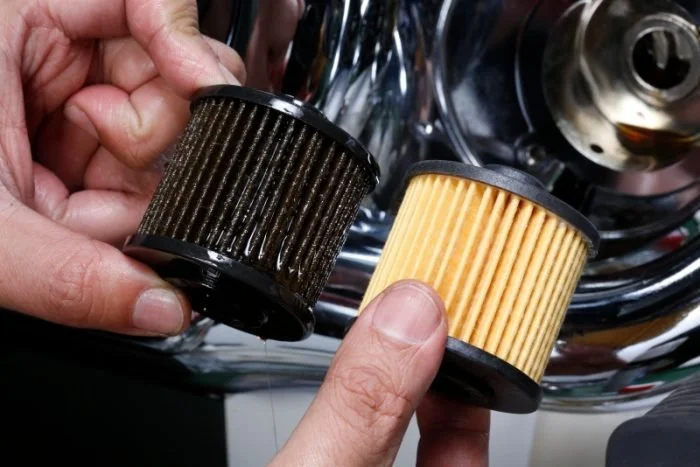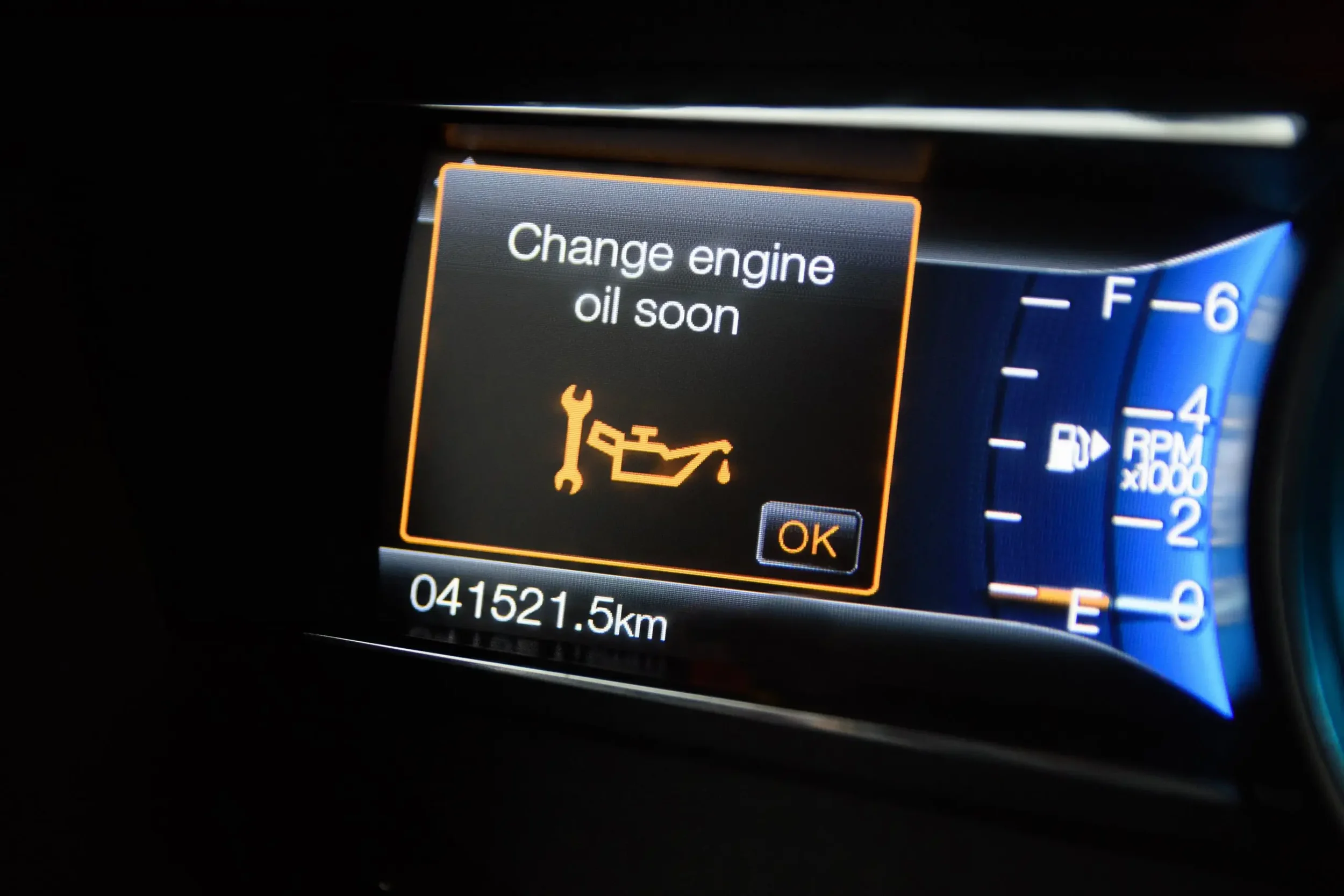
Oil Change and Filter Replacement
An oil change and filter replacement are essential for smooth engine performance. Oil lubricates moving parts, reducing friction and wear, while the filter keeps the oil clean by trapping contaminants. Regular changes improve engine health, fuel efficiency, and vehicle longevity.
Why is it important?
Engine lubrication and cooling: Oil prevents metal on metal friction and helps dissipate heat generated by the engine.
Removal of contaminants: The filter removes dirt, debris, and sludge that build up in the oil over time, which can otherwise damage engine components.
Signs Your Car Needs an Oil Change
Neglecting regular oil changes can lead to costly engine damage. Watch for these key indicators:
Performance Issues
Decreased Fuel Efficiency: Worn oil forces the engine to work harder, lowering gas mileage.
Sluggish Acceleration: Poor lubrication can cause slow response or reduced performance.
Overheating Engine: Degraded oil can't effectively absorb heat, leading to higher engine temperatures.
Regular oil changes help maintain engine health and performance.
Dashboard Warning Lights
Check Engine Light: May signal low oil pressure or overdue oil changes.
Oil Change Indicator Light: Alerts you when it's time for an oil change.
Oil Pressure Light: Red oil can symbol warns of dangerously low oil pressure and requires immediate attention.
Changes in Oil Appearance & Level
Dark, Gritty Oil: Oil turns black and gritty as it becomes contaminated.
Low Oil Level: Consistently low oil levels may indicate a leak or excessive consumption.
Milky or Foamy Oil: A sign of coolant mixing with oil requires urgent professional inspection.
Unusual Engine Noises
Knocking, Ticking, Grinding: Caused by low or dirty oil, increasing engine friction.
Screeching or Grating: Metal-on-metal sounds suggest poor lubrication.
Burning Oil Smell
Burning Oil Inside the Car: Could indicate an oil leak onto hot engine parts.
Smoke from Exhaust: Blue or gray smoke signals burning oil, often from leaks or excessive consumption.
Note
Driving conditions: Frequent short trips, heavy traffic, extreme temperatures, or towing can necessitate more frequent changes.


